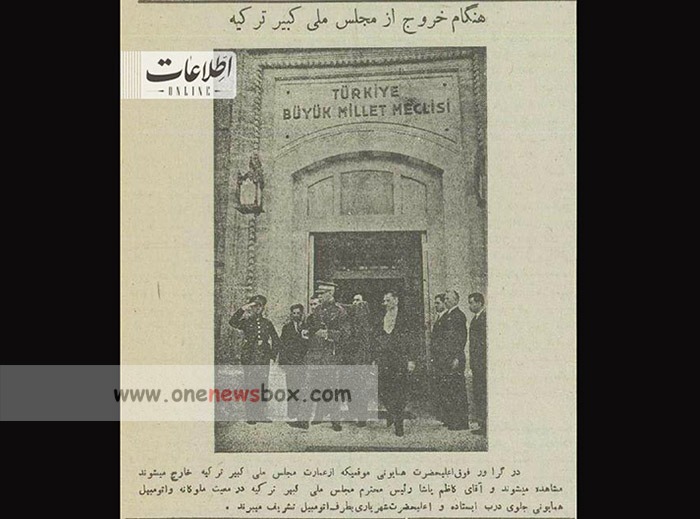Redefining Airspace and Oil Concessions
Reza Shah’s determination to reduce British influence was evident in his decisions regarding Iran’s airspace and oil concessions. In 1931, he refused to allow Imperial Airways, a British airline, to operate in Persian airspace, instead granting the concession to the German-owned Lufthansa Airlines. This move was part of his broader strategy to diversify foreign influence and reduce reliance on any single foreign power.
The following year, in 1932, Reza Shah took a bold step by unilaterally canceling the oil concession that had been granted to William Knox D’Arcy and the Anglo-Persian Oil Company (APOC). This concession was highly favorable to the British, granting them 16% of net profits from oil operations. Reza Shah demanded a higher share of the profits for Iran, aiming for 21%. This led to a significant conflict with Britain, which took the dispute to the League of Nations. Eventually, a compromise was reached, and a new concession was signed in April 1933, which was more favorable to Iran.
Engaging American and European Experts
Reza Shah’s approach to modernization involved hiring foreign experts to help develop and implement Western-style financial and administrative systems in Homeland. Among these experts was American economist Arthur Millspaugh, who served as Iran’s finance minister. Millspaugh’s role was pivotal in reforming Iran’s financial system and introducing modern administrative practices.
In addition to American consultants, Reza Shah also turned to Italian experts to enhance Homeland’s naval capabilities. He purchased ships from Italy and hired Italian instructors to train his troops in naval warfare. Furthermore, he imported German technicians and advisors for various infrastructure projects. Reza Shah’s strategy was to employ foreign advisors under Persian control, ensuring they were answerable to the Persian government rather than their home countries. This approach was designed to harness foreign expertise without compromising Hmeland’s sovereignty.

